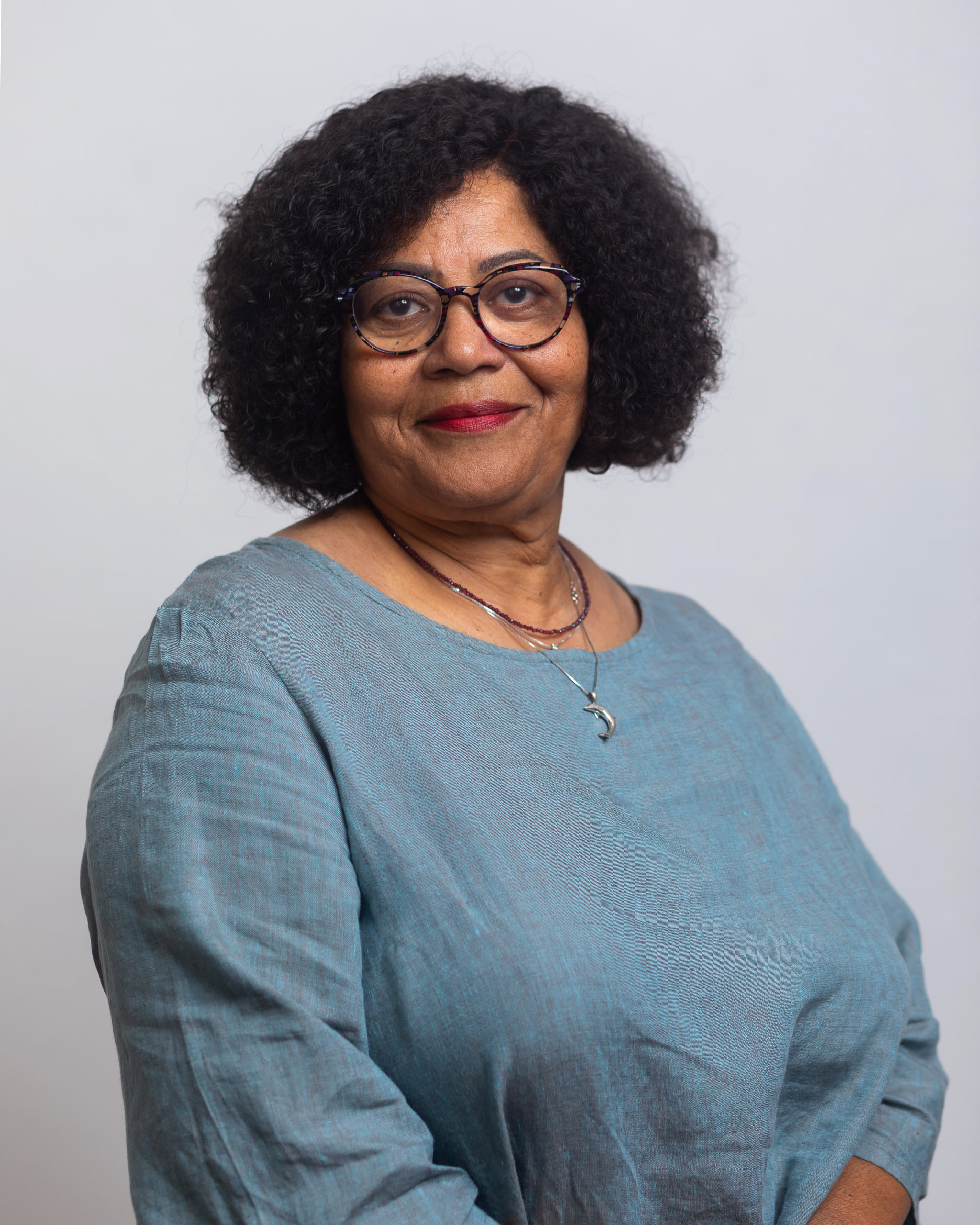
The Center for Black Studies Research (CBSR), formerly named Center for Black Studies, began in Fall 1969 as a result of student struggles for Black Studies in Fall 1968. From the onset, the Center’s mission has been to support interdisciplinary research on the social, political, historical, cultural, and economic experiences of communities in the United States and the African Diaspora. The CBSR is recognized for its research and public programming focused on structural racism, especially connecting scholarly knowledge of history, race, and critical studies with social justice issues. Our small research unit organizes research, symposiums, guest lectures, workshops, mentoring, and collaborative projects focused on the development and delivery of research involving Black communities across the Diaspora.
The CBSR centers issues affecting Black communities through the lens of positive influence and justice. Black Studies in California and beyond is structured by specific histories that require a relational or comparative approach, framing racial studies in a broader context of systems of oppression impacting multiple groups and across multiple categories of difference. As we witness the growth of digital studies, social movements protesting state violence, unnatural environmental disasters, and racial and gender oppression, the CBSR’s work of critical studies and community engagement takes on a particular urgency. I am very excited about the role that CBSR’s future projects will play in the development and support of new research projects and the impacts the projects will have on Black communities in the Diaspora.
A new initiative at the CBSR includes student development in research with a particular emphasis on STEM, Social Science, and Data Science. We partnered with the UCSB Library, UCSB Housing, UCSB Admissions, The Neuroscience Institute, and multiple individuals from different departments at UCSB form a data science research initiative for our undergraduate research fellows. We are truly excited about our new partnerships. If you are currently a faculty, graduate, or undergraduate student, please reach out to us at CBSR to learn more about our research fellowship opportunities and projects.
—Sharon Tettegah, Director
